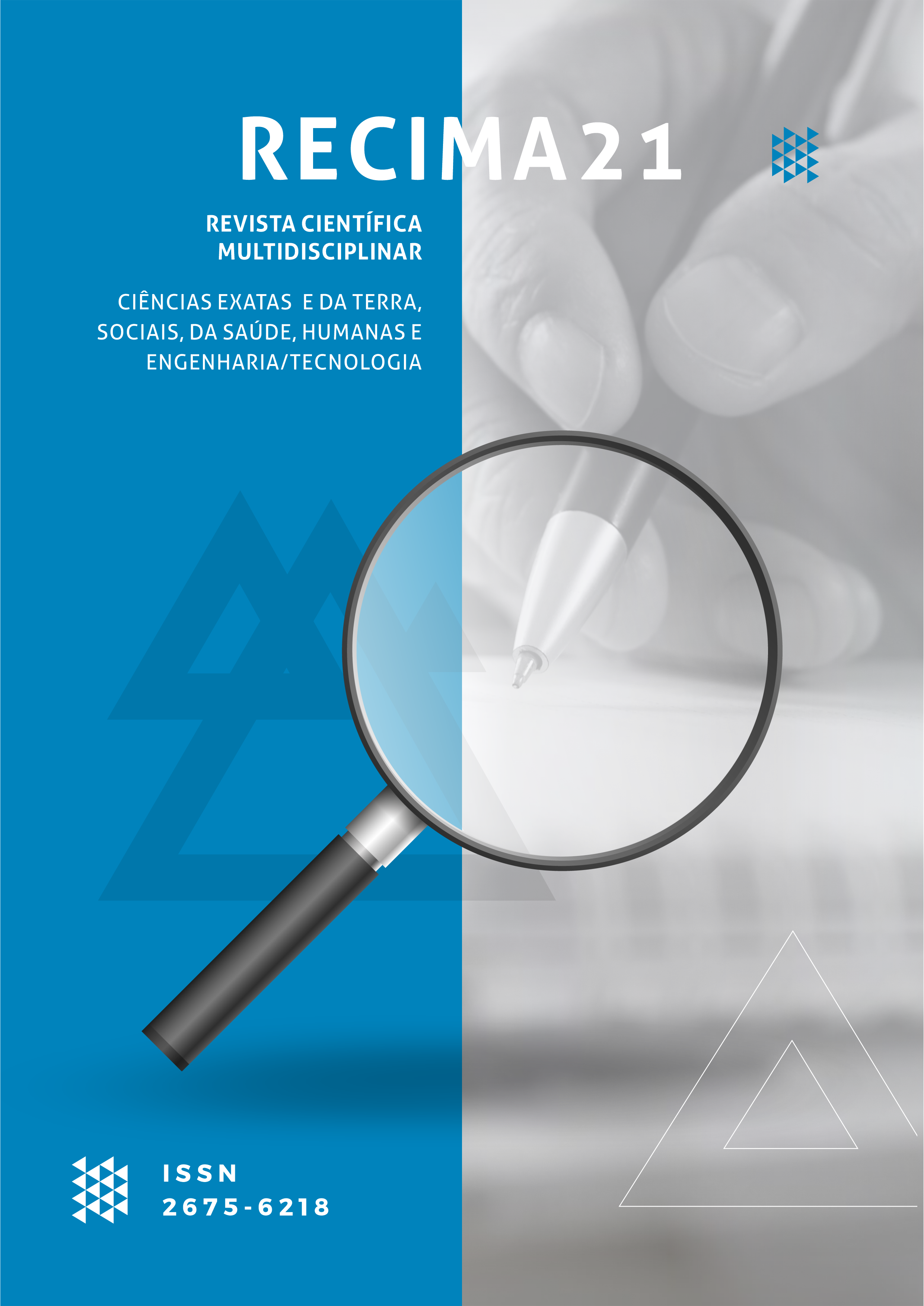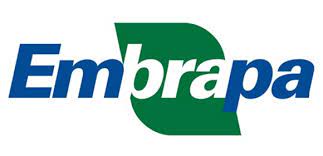AN ELECTRONIC VOTING SYSTEM USING BLOCKCHAIN
DOI:
https://doi.org/10.47820/recima21.v3i12.2421Keywords:
BlockChain, Electronic voting machines, Bitcoin, vote, SafetyAbstract
The methods used in the electoral process in many countries continue to be done in person, with votes written on paper. Such a model brings significant operational problems and high operational costs due to the requirements of secure elections, which must provide privacy, transparency, research and trust. By using encryption to encrypt data transmitted over network communication, communication between network nodes becomes more secure, preventing data from being read, modified or any incorrect information from reaching other nodes. Electronic voting is close to remote voting, where portable objects that are always connected to the Internet can be a anywhere, anytime voting mechanism. Therefore, Blockchains is a technology used as a distributed website. This technology is known for the popularity of Bitcoin cryptocurrency, as this cryptocurrency operates from the use of Blockchain as the main means of storing and managing transactions. The reason why this technology has been used as a database by many cryptocurrencies is that due to its implementation, Blockchains have a static resource, and with it is possible to guarantee the integrity of the database. These properties were exploited in many ways beyond normal spending. Several cryptocurrencies such as Bitcoin were then developed for applications with requirements related to research and database security.
Downloads
References
ADIPUTRA, C. K.; HJORT, R.; SATO, H. A Proposal of Blockchain-Based Electronic Voting System. In: Conference: 2018 Second World Conference on Smart Trends in Systems, Security and Sustainability (WorldS4), London, UK, 2018.
BACK, A. Hashcash - a denial of service counter-measure. [S. l.: s. n.], 2002
CARLYLE, J. Corda: Na Introdutivo. [S. l.: s. n.], 2016.
COLE, R.; WOLF, S.; BOROWCZAK, M. Blockchain-based election infrastructures. [S. l.: s. n.], 2018.
Evans, O. (2011). Financial inclusion, financial development, and economic diversification in world. The Journal of Developing Areas, 51(3), 1-15.
Galen, D., Brand, N., Bourcherle, L., Davis, R., Do, N., El-Baz, B., Kimura, I., Wharton, K. and Lee, J. (2018) Blockchain for social impact: moving beyond the hype. Stanford Graduate School of Business Center for Social Innovation and RippleWorks (www.gsb.stanford.edu/sites/gsb/files/ publication-pdf/study-blockchain-impact-moving-beyond-hype.pdf).
Gartner (2016), Gartner's 2016 Hype Cycle for Emerging Technologies Identifies Three Key Trends That Organizations Must Track to Gain Competitive Advantage, Available at: https://www.gartner.com/newsroom/id/3412017.
HARDWICK, F. S.; AKRAM, R. N.; MARKANTONAKIS, K. E-voting with blockchain: An e-voting protocol with decentralisation and voter privacy. [S. l.: s. n.], 2018.
KAHNG, A.; MACKENZIE, S.; PROCACCIA, A. D. Liquid democracy: An algorithmic perspective. In: Proceedings of the 32nd AAAI Conference on Artificial Intelligence (AAAI). Forthcoming, 2018.
KAYE, M.; SPATARO, N. Redefinindo a democracia: sobre um sistema democrático concebido para o século xxi e sobre como mudar permanentemente a democracia. Brasilia: Tribunal Superior Eleitoral, 2016.
Koch, P. & Stankovski, V. (2018) Supporting smart construction with dependable edge computing infrastructures and applications. Automation in Construction, 85, pp. 182-192.
NAKAMOTO, S. Bitcoin: A Peer-to-Peer Electronic Cash System. [S. l.: s. n.], 2008.
Raval, S., Decentralized Applications: Harnessing Bitcoin's Blockchain Technology, p. 163-180, 2016.
SINGH, A.; CHATTERJEE, K. SecEVS: Secure Electronic Voting System Using Blockchain Technology. [S. l.: s. n.], 2018.
Construction, 85, pp. 182-192.
Tim, Y., Pan, S. L., Bahri, S., & Fauzi, A. (2018). Digitally enabled affordances for community‐driven environmental movement in rural Malaysia. Information Systems Journal, 28(1), 48-75.
Downloads
Published
How to Cite
Issue
Section
Categories
License
Copyright (c) 2022 RECIMA21 - Revista Científica Multidisciplinar - ISSN 2675-6218

This work is licensed under a Creative Commons Attribution 4.0 International License.
Os direitos autorais dos artigos/resenhas/TCCs publicados pertecem à revista RECIMA21, e seguem o padrão Creative Commons (CC BY 4.0), permitindo a cópia ou reprodução, desde que cite a fonte e respeite os direitos dos autores e contenham menção aos mesmos nos créditos. Toda e qualquer obra publicada na revista, seu conteúdo é de responsabilidade dos autores, cabendo a RECIMA21 apenas ser o veículo de divulgação, seguindo os padrões nacionais e internacionais de publicação.

 Clique para ver detalhes
Clique para ver detalhes 











